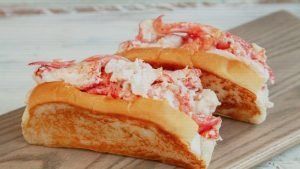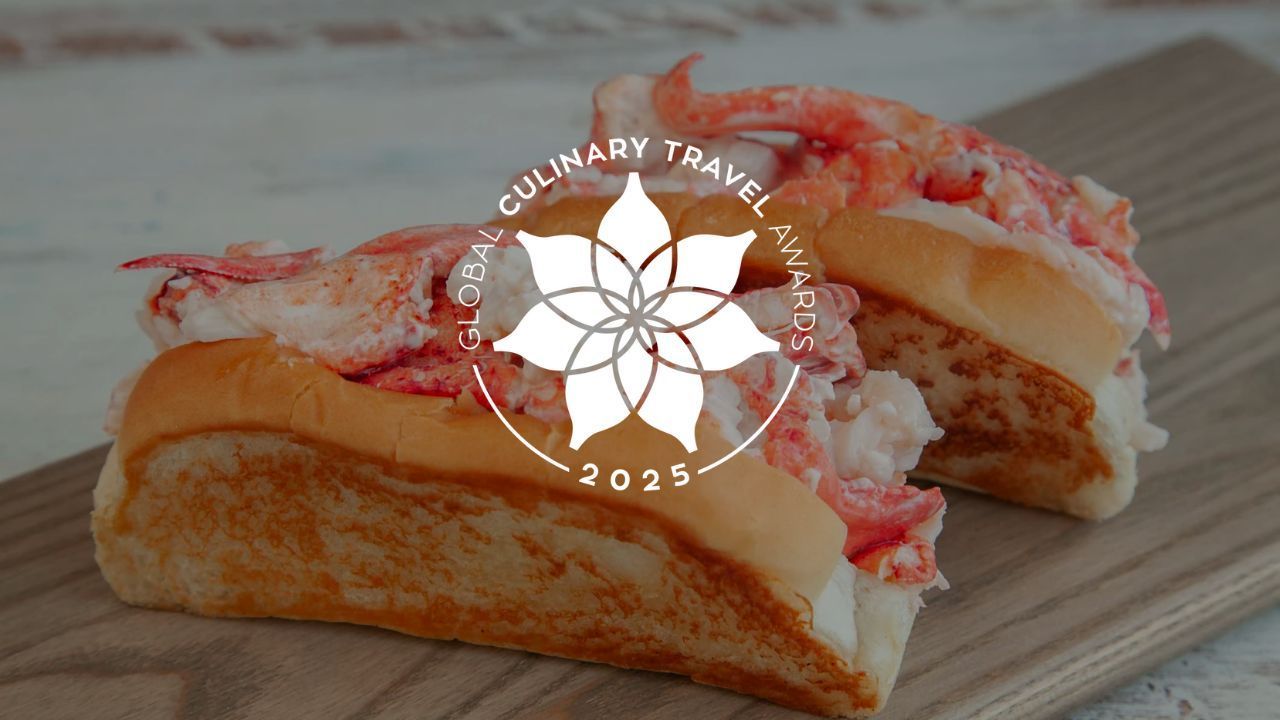Can Local Cuisine Drive Our Tourism Recovery?

“A whole world of food-loving travelers is waiting to travel again. Until we can, we’re getting ideas and planning for our next big trips. There are so many options, how will we decide where to travel first? A well-developed marketing strategy helps a food-forward destination to stand out in the crowd to potential travelers. And now is the time to start getting your destination on our radars!”
Bags packed, hotel booked, flights bought. All ready and nowhere to go. Sound familiar?
It was supposed to be the bold start of an exciting new decade, with the ambitious “2020” emblazoned on websites and marketing materials, in articles and videos, and pretty much everywhere around the world. Then COVID hit.
Few of us are still alive today when the Spanish Flu hit in 1918, yet the world still remembers its impact on the heels of the greatest war the world had ever seen as of that date. It goes without saying that generations after us will remember COVID and its devastating effects on individuals, families, governments, economies and infrastructures. Nowhere on Earth has been left untouched by the cruel reach of COVID.
“This, too, shall pass” is a Persian adage that we would do well to embrace right now. While the pandemic is not yet behind us, there is nevertheless a light at the end of the tunnel. Early vaccines are working their way into distribution systems, and more vaccines are on the way. Treatments are being used with some success, and testing is helping to curb the spread as well. That said, out of hardship, we grow and evolve. And we are all still growing and evolving. We are not at the end of our collective journey just yet.
While we are waiting for the pandemic to end, individuals, that is to say, consumers and travelers, have not lost our love of food, drink and travel. We’re watching food and travel shows on Netflix, YouTube and elsewhere. We’re reading our favorite food and travel blogs. We’re drooling over pretty pictures of food porn on social media. And perhaps most importantly, we’re cooking more at home, researching family recipes, and buying more food and beverage products from local producers. In other words, we are focusing on our culinary cultures more than ever.
And if that is true, then let’s take that logic one step further. A quick scan of National Geographic’s social media activity shows that 6 out of every 12 of their recent travel posts were food-themed. Like we said above, despite the pandemic, we still love food, drink and travel. Now is exactly the time that destination marketing organizations should be championing the cause and promoting their own culinary cultures for when people start traveling again. Consumers – travelers – are looking for ideas and inspiration for our next trips. We’re making our lists now, and now is when destinations need to be getting on the travelers’ radars. While restaurants, cafes, breweries, wineries, cooking classes, culinary events and other activities don’t have the money to promote themselves right now, destinations should be doing the promoting for them.
What kinds of promotion do we mean? In our food and beverage tourism industry, we often see destination marketing organizations publish restaurant guides or lists of every food option in their area. We also see them proudly boasting a tally of all the different cuisines available in their area (chains included), as if a high number of available cuisines is a crown of achievement. Or sometimes, they focus only on the gourmet options, which appeal only to a minority of travelers. Unfortunately for these destinations, these approaches do not motivate food lovers to travel. When food lovers visit an area, we want to taste food that your area is known for. As an American, I am not going to travel to Italy and look for Chinese food. A British traveler is not going to travel to Japan and look for American or French food. And a Mexican traveler is not going to visit India looking for Thai food. You get the idea.
“New World” countries like the US, Canada, Australia and New Zealand have different challenges, as their cuisines are not hundreds or thousands of years old, like those from many European, Asian or African countries. Still, in these areas, visitors can find other delights that are helping to define these “New World” culinary cultures. I’m thinking of lobster rolls in New England and Atlantic Canada (no celery, please), or the eternal debate between Australia and New Zealand, over who was first with the Lamington.
New World countries often have robust wine, beer and spirits industries, and those products inherit the different flavors from the ingredients and terroir of their areas, making them more often than not, inherently different from one another.
Do you remember on a previous trip when a friend or colleague introduced you to their favorite gin in England or whisky in Scotland or Ireland? Or when a South African friend brought you along to a braai, or when an Indian grandmother showed you the wide range of spices that she puts into her own, homemade garam masala. These types of experiences that cause such long-lasting memories are first based on an important element of the local culinary culture. And secondly, these experiences involve a personal element – what we call the “faces behind the places” – that is the hospitality, the local personality, and the individual emotion that makes such a significant imprint on our memories.
Crises cause us to cocoon. We saw this after 9/11, when people turned their attention back to their friends and families. And the current COVID crisis is having the same effect. We are cocooning, but also dreaming of the time when we can #TravelAgain.
At the end of 2020, our Association launched Culinary Capitals , an accreditation program to put the spotlight on noteworthy culinary cultures as a tool for regenerative tourism. In a world with increasing globalization in the food and drink sectors, Culinary Capitals helps to protect the local cuisine, and endemic culinary heritage. Culinary Capitals is particularly beneficial for smaller destinations, which offer curious travelers a wide range of food, drink and agricultural experiences located at the source of production, not to mention fewer crowds, less traffic, less pollution and often, lower prices. Culinary Capitals increases local pride and helps turn local residents into culinary ambassadors for their area. Destination marketing organizations and tourism marketing professionals around the world can learn more about Culinary Capitals and request an appointment to learn more here.
So can local cuisine drive tourism recovery? Without a doubt. Food and drink were already one of the biggest drivers of tourism before the pandemic. And you can use them again to help drive tourism to your area and help regenerate your local economy.
Written by Erik Wolf and Rosanna Olsson.
Erik is the founder of the food travel trade industry, and Executive Director of the World Food Travel Association, the world’s leading authority on food and beverage tourism. He is the publisher of
Have Fork Will Travel
, author of Culinary Tourism: The Hidden Harvest, and is also a highly sought speaker around the world on gastronomy tourism. He has been featured in The New York Times, Newsweek, and Forbes, and on CNN, Sky TV, the BBC, the Australian Broadcasting Corporation, PeterGreenberg.com, and other leading media outlets.
Rosanna Olsson
is currently a marketing intern at the World Food Travel Association.











